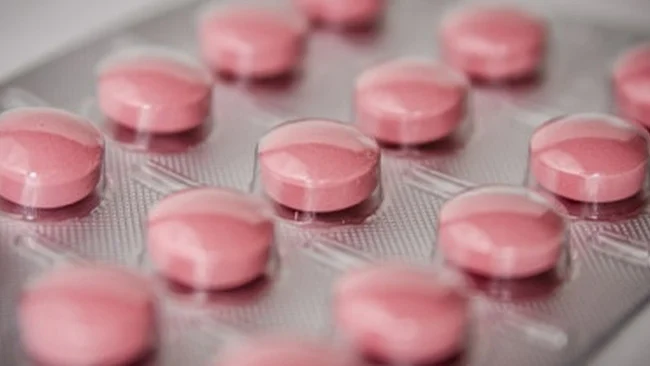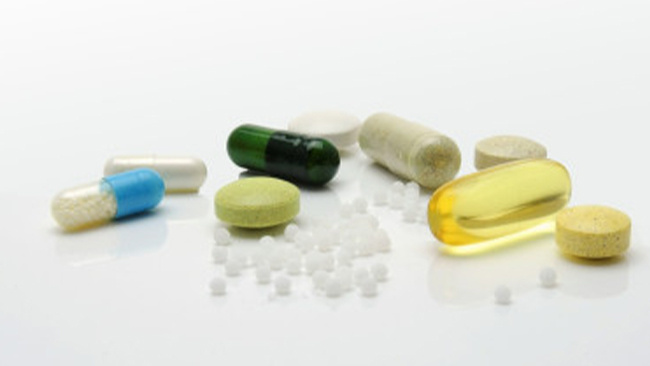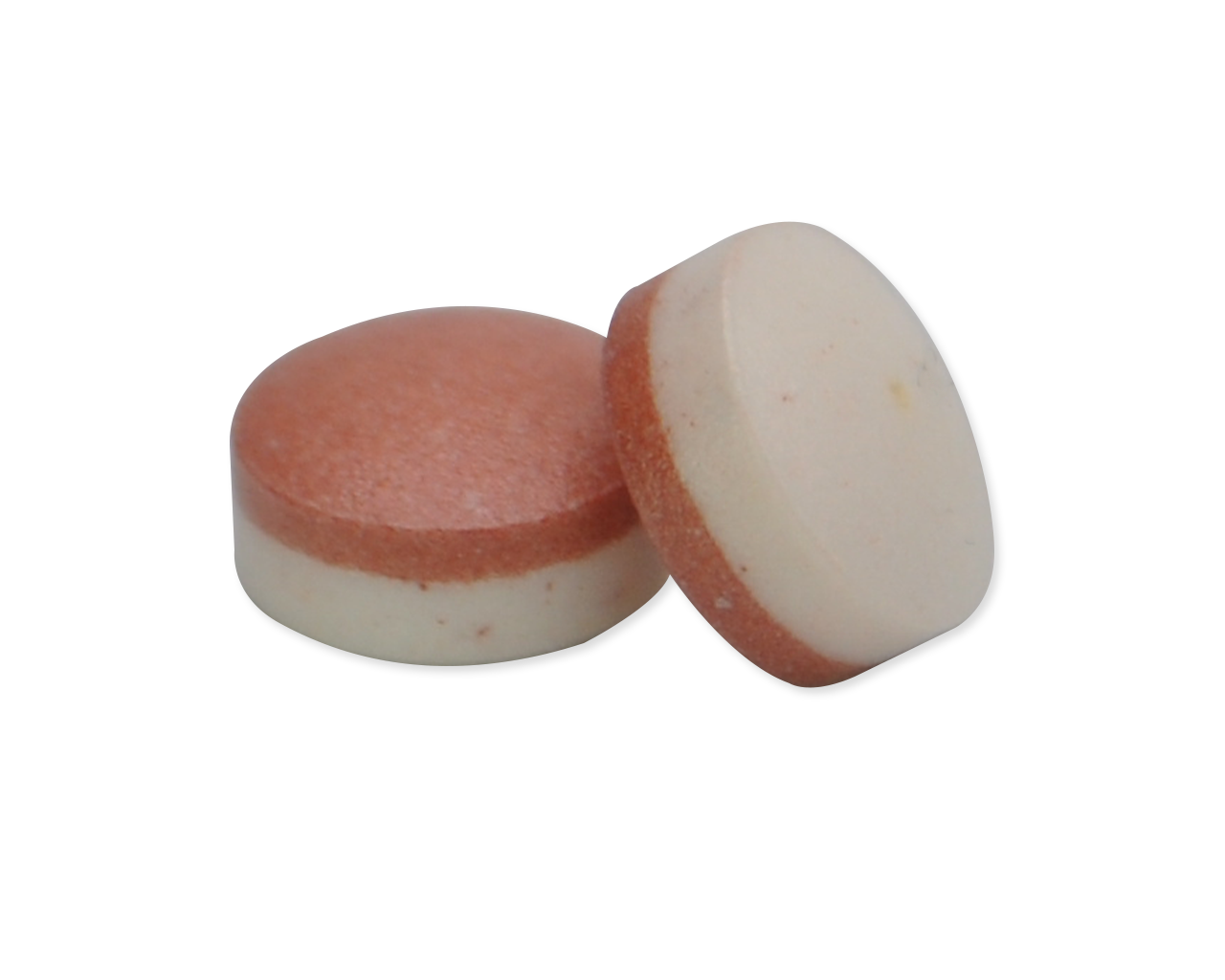The Science Behind Moisture Management in Pharmaceuticals: Role of Excipients

Within the complexity of pharmaceutical formulation, each component assumes a distinct and crucial role. While active ingredients gain much attention, excipients emerge as the guardian of drug stability and efficacy through moisture management.
Moisture can be a formidable challenge in pharmaceuticals, potentially compromising the integrity and effectiveness of a drug. But with the right strategies and components in place, it's a obstacle that can be adeptly managed.
Let's dive into the world of moisture management and the excipients leading the charge.
Read more:
- The Role of Pharma Excipients in Enhancing Drug Stability and Absorption
- Tablet Excipients: Ensuring Quality, Hardness, and Suitability for Film Coating
The Moisture Challenge in Pharmaceuticals
Imagine opening a medicine bottle only to find the tablets inside have degraded, or the capsules have clumped together. Moisture can be a silent adversary, affecting drug stability, especially for those that are moisture sensitive.
When moisture interacts with drugs, it can lead to:
- Degradation of Active Ingredients: Some active pharmaceutical ingredients (APIs) are sensitive to moisture, leading to their breakdown and reduced efficacy.
- Reduced Shelf Life: Excess moisture can shorten the lifespan of a drug, making it ineffective before its expiration date.
- Compromised Efficacy: A drug that has been exposed to moisture might not deliver the therapeutic benefits, leading to potential health risks.
In an industry where the stakes are high, and patient health is paramount, managing moisture is not just a priority; it's a necessity.
Excipients: A Key Role for Moisture Management
Excipients play a crucial part in moisture management:
- Moisture Barriers: Some excipients, such as film coating, form a protective barrier around the drug, preventing moisture from seeping in. This is especially crucial for drugs stored in non-airtight containers.
- Moisture Absorbers: They take up any excess moisture, ensuring the drug remains dry and stable.
- Stabilizers for Moisture Sensitive Drugs: Excipients can stabilize moisturesensitive drugs, ensuring they retain their potency even in humid conditions.
- Enhancing Drug Lifespan: By managing moisture, excipients can extend the shelf life of drugs, ensuring they remain effective for longer.
It's the excipients that work to ensure drugs maintain their efficacy, stability, and protection from the influence of moisture
Bound Moisture vs. Free Water: The Excipient Equilibrium
In the world of excipients and moisture management, not all moisture is created equal. The distinction between bound moisture and free water is crucial, as it plays a significant role in drug stability.
Bound Moisture
Bound moisture refers to the water molecules that are chemically or physically attached to the excipient. Here's why it's essential:
- Stability: Since bound moisture is attached to the excipient, it doesn't interact with the drug, ensuring the drug's stability.
- Safety: Bound moisture doesn't provide a conducive environment for microbial growth, so the drug remains uncontaminated.
Free Water
Free water, refers to the unattached water molecules in the excipient. While it might sound harmless, it can be a potential threat:
- Reactivity: Free water can interact with the drug, leading to its degradation.
- Microbial Growth: Free water can provide a breeding ground for microbes, compromising the drug's safety.
The Role of Excipients in Stabilizing Moisture-Sensitive APIs
Active Pharmaceutical Ingredients (APIs) are the key for any dosage form. However, some of APIs are particularly sensitive to moisture, making their stability a challenge. This is where excipients come to the rescue.
- Protection from External Moisture: Excipients can form a protective barrier around moisture sensitive APIs, shielding them from external humidity.
- Inhibition of Water Activity: Some excipients inhibit water activity within the formulation. This ensures that the moisture sensitive API remains unaffected.
- Enhanced Drug Lifespan: By effectively managing moisture, excipients can extend the shelf life of moisture sensitive drugs. This not only ensures their efficacy but also reduces wastage due to premature degradation.
- Safety First: With the right excipients, drugs remain uncontaminated, ensuring they are safe for consumption.
To ensure the right balance for drug formulation, excipients and APIs should be compatible and provide the functionality required to deliver safety, efficacy and stability.
Managing Moisture: Setting the Standard with Starch 1500®
Starch 1500® Partially Pregelatinized Maize Starch has over 60 years of history and has been used in thousands of marketed products across innovator, generic, OTC, and nutritional market segments worldwide. But what makes Starch 1500 stand out as an excipient?
Starch 1500 is manufactured exclusively for the pharmaceutical industry. Through a unique manufacturing process, the bond between the two polymers of maize starch, amylose and amylopectin, is broken. This transformation endows Starch 1500 with some unique properties that have made it a favorite among pharmaceutical formulators.
So, what advantages sets Starch 1500 apart from other excipients?
- Exceptional Stability for Moisture Sensitive Drugs: Starch 1500 has an innate ability to enhance the stability of moisture sensitive drugs. It inhibits water activity within the formulation, ensuring the drug remains unaffected by external moisture.
- Low Water Activity Despite High Moisture Content: This means better stability for moisture sensitive actives as Starch 1500 acts as a moisturescavenger.
- Bound Moisture Advantage: Unlike other excipients, Starch 1500 has bound moisture rather than free water. This bound moisture ensures the drug remains stable and doesn't react adversely.
- Ideal for Film Coating: Starch 1500 ensures tablets have good hardness with low friability, making them perfect for film coating and packaging.
Get Further Insight into Moisture Management in Pharmaceuticals
The role of excipients, especially Starch 1500, is key for moisture management to ensure the drug remains effective, stable, and safe.
To learn more about the role and function of Starch 1500 and how it can transformyour drug formulation process,download more information about Starch 1500 and discover how it can be the solution you've been looking for.



